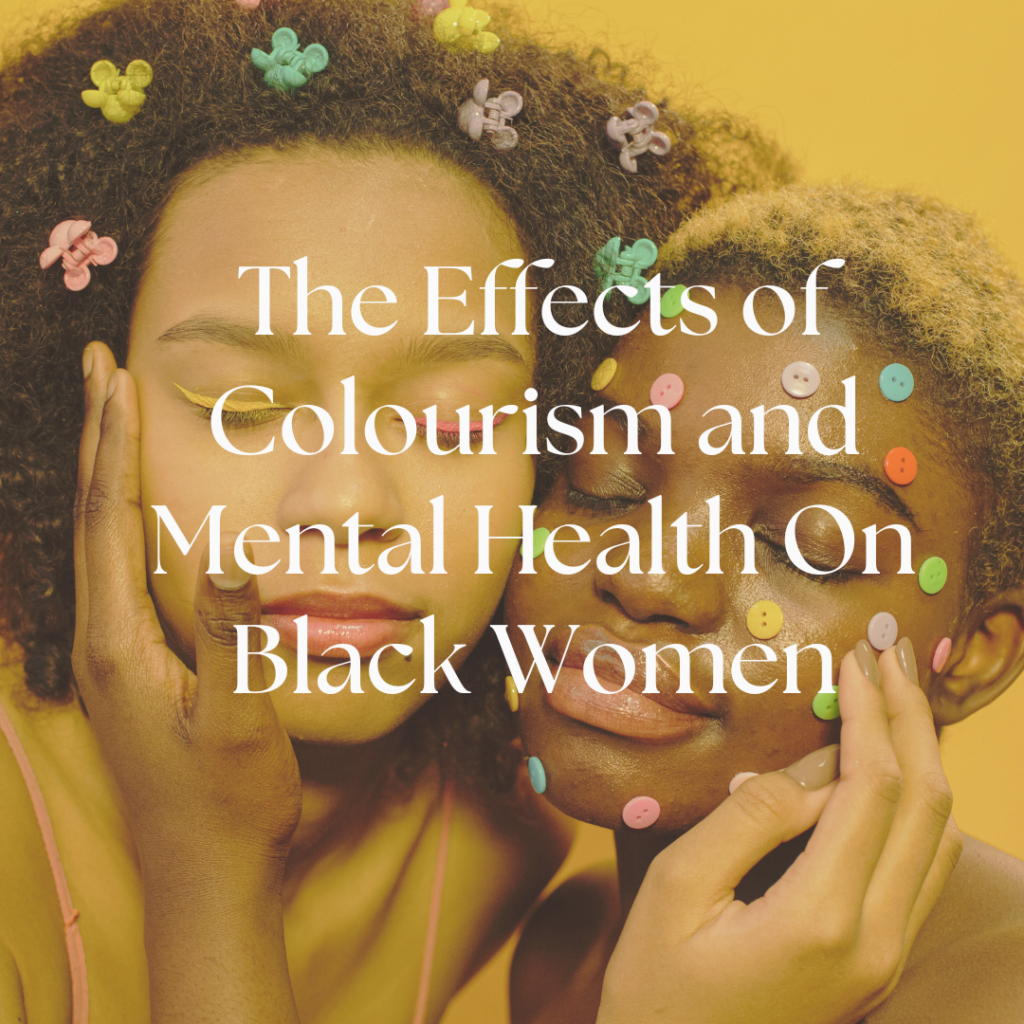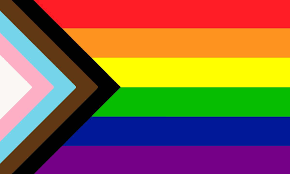Colourism and mental health among Black women is still a convoluted topic – interracially and intraracially. The term colourism is rooted in slavery, white supremacy and colonialism. It derives from the preferential treatment delivered by enslavers to those enslaved with lighter completion but not others enslaved of darker completion. The gist is that colourism was created to maintain social divisions and a particular hierarchy within our racial confines.
Those who were enslaved with fair or light completions were often offered more favourable conditions or treatment than those who were enslaved with darker complexions. These actions and exploits have become ingrained in the Black community through the use of the brown paper bag test, negative connotations between black and white in society, economic instability, and the portrayal of skin colour in media. These actions have rotted into the nature of society we live in today.
While not enough studies have focused on the correlation of mental health and colourism in Black women, it’s a known fact that it exists. Over time, this systemic behaviour has been documented as having various psychological effects on Black women. The negative connotations experienced vary from low self-esteem, less socioeconomic opportunities, health disparities, fraught engagement with family or friends, etc., and being judged by one’s skin tone.
All of the above also leaves room for prejudices and encounters of discrimination. The repercussions of these actions reflect how we perceive ourselves. The inequitable treatment would see lighter-complexioned women receive more access to resources and opportunities than their darker-complexioned sisters. We eventually all end up dealing with a vicious cycle of microaggressions and stereotypes taught to us that contribute to the matter.
In the research article Exploring the Impact of Skin Tone on Family Dynamics and Race-Related Outcomes, authors Antoinette Landor and Shardé McNeil Smith state that traumatic stress over time from colorism can act as “skin tone wounds” and can contribute to mental health symptoms if left untreated.
Many therapists note the impact of colourism, and it needs to be firmly addressed. But we can only heal together collectively with both community and societal support. As we’re already aware, dismantling white supremacy can only be done by advocacy and encouragement. More significant social guidance and backing via our community is essential. It starts with us supporting one another. Furthering that sentiment, it would be a win-win outcome if society banded together to fight and correct the harmful verbiage.
Lastly, therapy is one formidable tool for assisting with the complexities of individual and collective healing and progression. Unlearning these stigmas and challenging the status quo will bring us a more fruitful and bountiful road to travel.
Landor, A. M., Simons, L. G., Simons, R. L., Brody, G. H., Bryant, C. M., Gibbons, F. X., Granberg, E. M., & Melby, J. N. (2013). Exploring the Impact of Skin Tone on Family Dynamics and Race-Related Outcomes. Journal of Family Psychology : JFP : Journal of the Division of Family Psychology of the American Psychological Association (Division 43), 27(5), 817–826.




